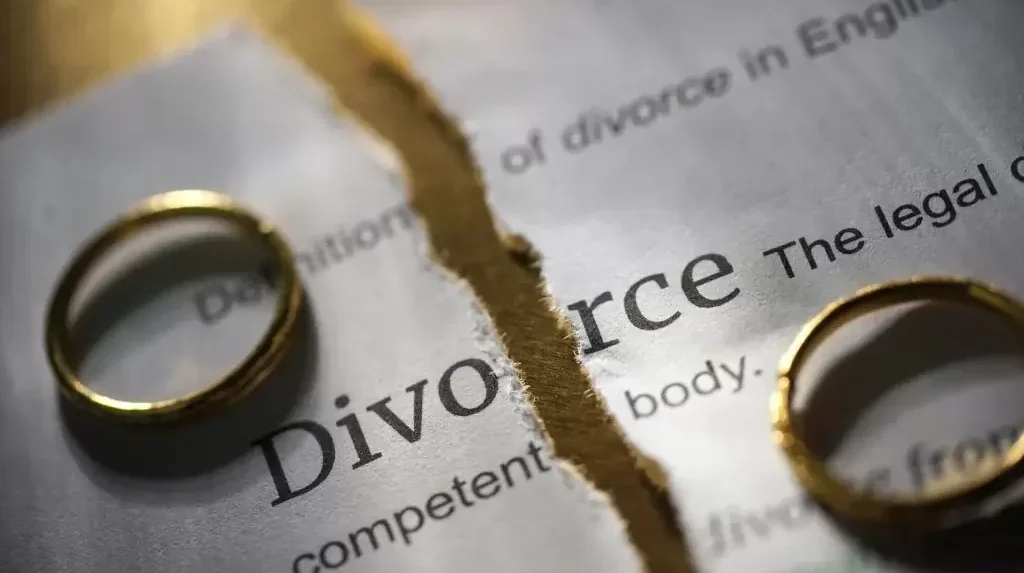
Divorce in Morocco is a significant topic, deeply influenced by cultural norms and values. Historically, the country experienced fewer divorce cases before the advent of mobile phones and social media. Traditionally, when a marriage occurs, the families of both spouses play an active role. Couples often consider the hospitality and reputation of their families before contemplating divorce, opting instead for patience and dialogue to resolve conflicts.
In cases where the wife seeks a divorce due to the husband’s irresponsibility, humiliation, or misconduct (such as alcoholism or infidelity), both families typically intervene to find a solution. However, if issues persist, they may resort to legal proceedings. In Morocco, cultural practices often take precedence over religious dictates, and the family law framework, known as Moudawana, reflects a blend of modern legal standards and traditional values.
Divorce Procedures
In the context of Moroccan divorce, if a husband declares “You’re divorced” during an argument, the implications depend on subsequent actions. If the wife returns to her parents’ home, the husband may still have the opportunity to reconcile through mutual agreement. However, if he repeats the phrase “You’re divorced” a second time, he loses that option but may still reconcile if they agree. It is only after the third declaration of divorce that he cannot remarry her unless she has been with another man, according to Islamic law. This stipulation highlights the cultural significance of jealousy and honor in Moroccan society, prompting men to think carefully before uttering the words of divorce, as it introduces a profound stigma.
Wives also have the right to initiate divorce under the new Moroccan law. They must present their case to the court, which requires evidence and witnesses, particularly in allegations of infidelity. Similarly, a husband cannot accuse his wife of cheating without substantiated proof, such as credible witnesses or documented evidence.
Post-Divorce Obligations and Inheritance
After a divorce, a woman must observe a waiting period of three months before remarrying, which serves religious and legal purposes, including determining paternity in the event of pregnancy. During this time, the husband is obligated to provide financial support, ensuring the wife’s welfare until she marries again. If she does not remarry, he must continue to support her for life, particularly if they have children together.
Inheritance laws in Morocco are primarily governed by religious principles. Following a divorce, a spouse can inherit only if a will is established before death. Children, however, are entitled to inherit from both parents regardless of their marital status at the time of inheritance.
Start Planning with a Local Guide
Interested in this tour? Fill out the form and we will help you explore your options and plan the right experience.
Schedule a Call With a Local Expert










